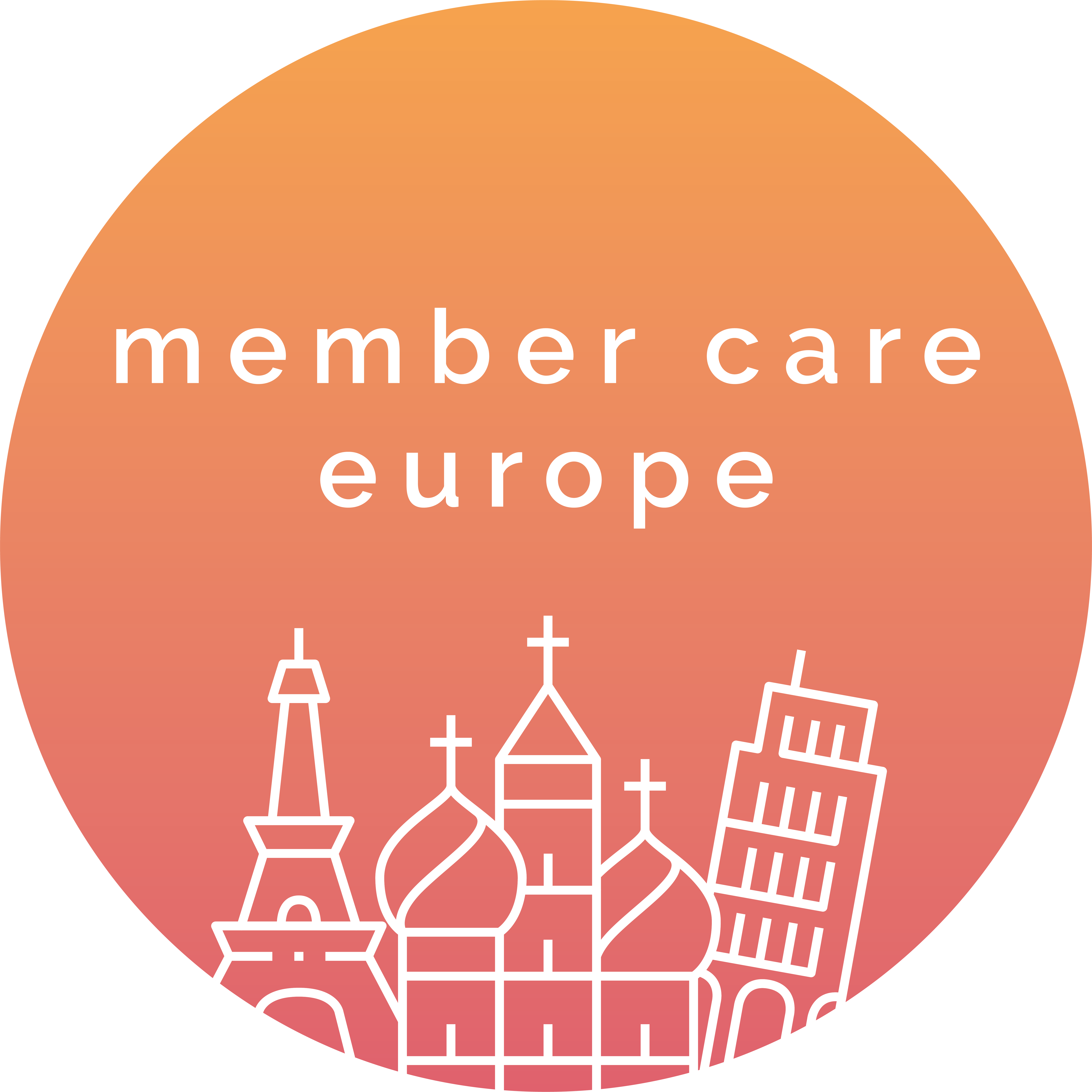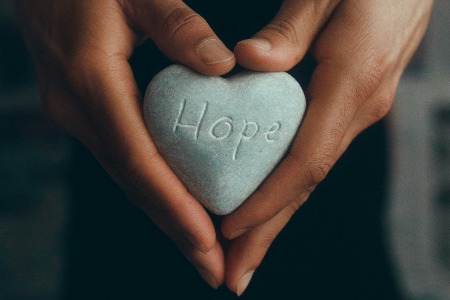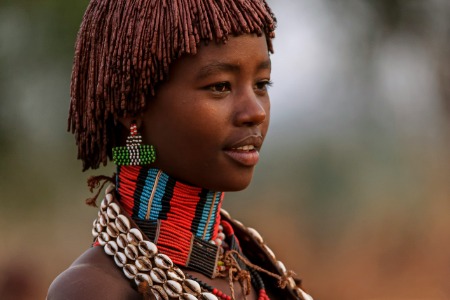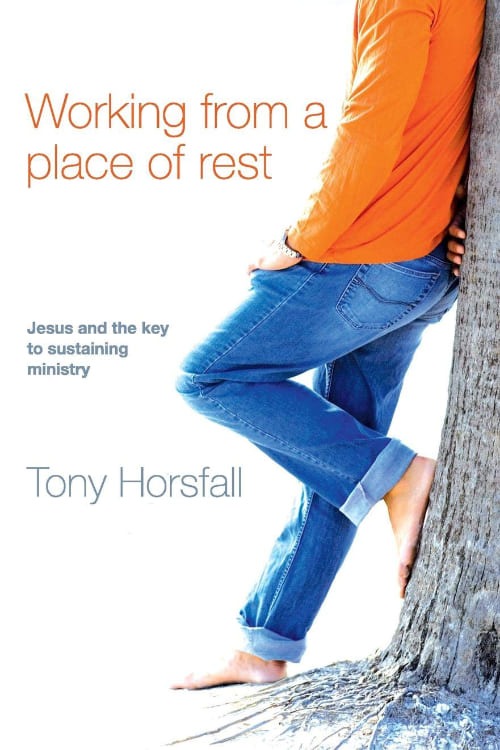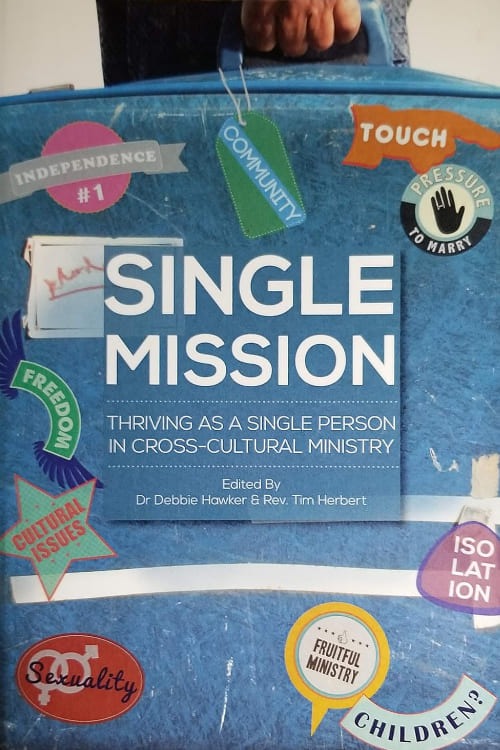In the July article “Hartmut Wacker: When vocation gets into a crisis…“, we were presented with some “food for thoughts” on the theme of suffering – or rather how we process and cope with suffering.
The short summary of a survey where missionaries share resources that helped them to cope, inspired me to reflect on my own experience and the experience that many missionaries and missionary candidates go through these days. At the beginning of the Covid-19 outbreak many were told to leave their place of service. For some, the time since then has been a prolonged period of uncertainty, unfulfilled dreams and expectations, a high degree of ambiguity: Can I go back or not? When can it happen? What to do in the meantime? Others have had similar problems like waiting for delayed papers, facing new visa restrictions, health problems or sudden development of conflict, like the Afghan crises.
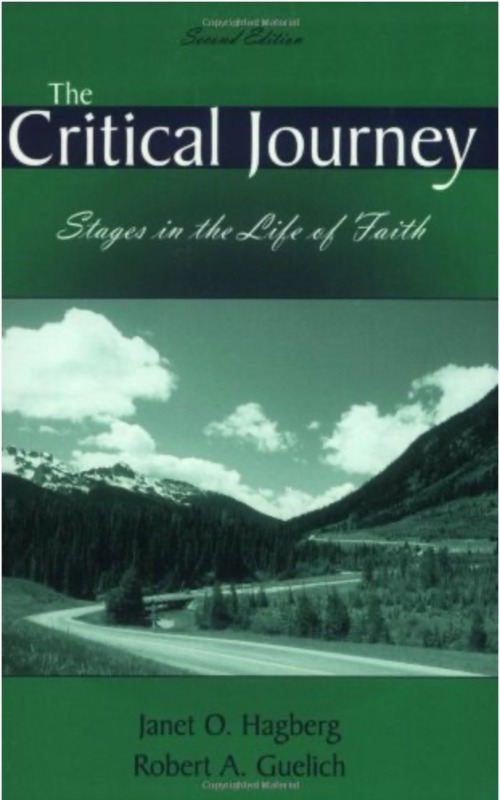
The Critical Journey
Earlier this summer I discovered a book called “The Critical Journey: Stages in the Life of Faith” by Janet O. Hagberg and Robert A. Guelich.
In this book, a third stage is described as “the doing” stage. It is a time in life when we are working for God, being productive in his service. It is usually a very active phase on our faith journey. It is a time of responsibility, authority, recognition, titles, and often praise from others. Several of the missionaries who were sent back were probably in this productive stage of life. A good place to be. But then in the next stage we may experience external events or internal conflicts that lead us out of this productive place, and into a time of questioning and doubt. The focus is no longer our service for God, but God himself and our relationship with him. This is a battle between God and the individual, an inner journey when we struggle with questions to God and about God, as well as inner struggles with our own hurt and disappointments. It is a struggle that God allows for a purpose.
In the July article Hartmut Wacker describes this as a time of ambiguity, a time when we experience the tension between faith and doubt, trust and disappointment. It was pointed out that how we view God is a crucial factor at this stage of our faith journey. The struggle can lead to a time of spiritual failure, of giving up, but it can also become “the breeding ground for spiritual growth”. The strongest resilience factor was to be able to trust that God is in control, that He is a faithful, loving and caring God even when we do not feel like it or do not get the answers we are longing for. Experiencing His love and care in the midst of difficulties is not something we can learn academically; it is learned through real life experience.
In the survey, some missionaries pointed to the importance of “extraordinary spiritual experiences” they’ve experienced before, during or after the traumatic event. It is a personal experience when we just know that God is there, that He is real and cares for us personally and intimately.
This has also been my personal experience. Hearing God speak, recognizing His inner dealings, receiving words of knowledge through others, was the deepest and most helpful support to me at a time when I had to leave the place of service because of illness and through a prolonged time of recovery. When God and His goodness and kindness become the center, it is easier to accept His direction even if it means redirection for us. Because we trust Him and His power, we can look to the future with hope and expectation. And – as described in The Critical Journey – our service may be more fruitful because we learn to serve in dependence on Him, under His direction, rather than for Him.
Another thing that helped along the way, was living in Ethiopia during one of my gap years. Getting to experience transcultural transition as an adult gave me a better understanding of this process and it allowed to simultaneously try out more constructive coping mechanisms and grieve for everything that I had lost when I left my home in Tanzania. In fact, in some ways the grief that I felt when leaving Ethiopia, melted into the grief that I had felt as a teenager, when I left my home and my identity behind. I was also able to meet up with a couple that were very important to me during my years in Tanzania. I remember feeling that I had found a piece of myself in meeting them, and that seeing them in another context than Tanzania, helped integrate a part of Tanzania-Cecilie into Denmark-Cecilie, and made my sense of self a bit more congruent than it was before.
Lastly the thing that has probably had the biggest impact on my journey of coherence has been getting to work with TCKs. I have been lucky enough to be a co-therapist in a TCK-group, where newly returned TCKs could come and share their stories, and feel heard, seen and recognized. In speaking with these children and in helping them make sense of their personal narratives, I many times felt like I was speaking to Tanzania-Cecilie and allowing her to become a part of Denmark-Cecilie. Being able to use these experiences, that have been so incredibly hard and yet so incredibly good, to help others has in many ways helped piece my own story into a more whole narrative. A narrative where there is room for all the places and people and experiences that life as a TCK brings.
In a guide that we at Center for Familieudvikling have developed to help children when they return to Denmark, it says: “Remember that who you are doesn’t depend on where you’re from. You can be a whole person even though your heart is divided over all the places on the earth that you’ve called home. You can have more than one home and more than one homeland.” Some days this is harder to believe than others, but in many ways, I am thankful to be able to say that although my heart and my story is spread in different places of the world, I still feel like all of it is my heart and my story.

Reidun Haugen Dalseth
She is a board member of Member Care Europe and of mission boards in Norway. She is thankful for the opportunity to mentor/coach missionaries serving in many countries through different net-based platforms.

Reidun Haugen Dalseth
She is a board member of Member Care Europe and of mission boards in Norway. She is thankful for the opportunity to mentor/coach missionaries serving in many countries through different net-based platforms.
